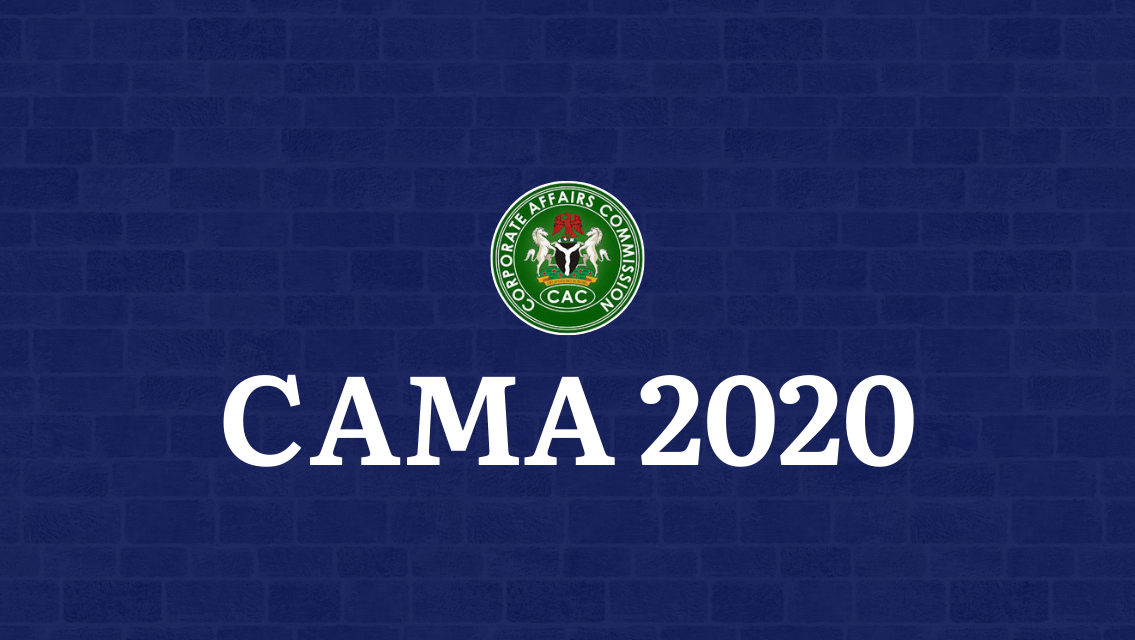- Home
- Grey Matter
- Federal High Court Rules That Pre-CAMA 2020 Private Companies Can Transition To Single Shareholder Structure
Federal High Court Rules That Pre-CAMA 2020 Private Companies Can Transition To Single Shareholder Structure
Posted on Tue 30 Jul 2024
- Download Resource
In a landmark decision delivered on July 30, 2024, the Federal High Court (“FHC”) held that section 18(2) of the Companies and Allied Matters Act 2020, as amended (“CAMA 2020”), which permits private companies to have a single shareholder, is not limited to private companies incorporated after the commencement date of CAMA 2020 but applies to all private companies incorporated under the now repealed CAMA 1990.
The FHC made the historic pronouncement in Suit No: FHC/ABJ/CS/665/2023 instituted by -- (i) Primetech Design and Engineering Nigeria Limited (“Primetech”); and (ii) Julius Berger Nigeria Plc (“JBN”) against the Corporate Affairs Commission (“CAC”) following the CAC’s refusal to register and record the changes in the shareholding structure of Primetech. Primetech was incorporated in 2011 as a private company with two shareholders namely: JBN and another shareholder. Following a transfer of the shares held by the other shareholder to JBN, Primetech notified the CAC of the change in its shareholding structure and requested that the change be reflected on its corporate records on the Companies Registration Portal (“CPR”).
1.jpg)
The CAC refused to register and record the change and instead contended that section 18(2) of CAMA 2020 does not apply to private companies registered prior to the commencement date of CAMA 2020 (as the section only applies to private companies registered after the enactment of CAMA 2020). In addition, CAC argued that the provisions of section 18(2) of CAMA 2020 cannot be relied upon to reduce the shareholding of an existing private company to one shareholder as such will be a ground for winding-up of the company under section 571(c) of CAMA 2020.
As Counsel to Primetech and JBN, Banwo & Ighodalo argued that a purposive construction of sections 18(2), 22(1), 118, 571(c) and 869(1) of CAMA 2020 clearly shows that the legislature intended for section 18(2) of CAMA 2020 to apply to all private companies, irrespective of when such companies were incorporated and/or their shareholding structure at the time of incorporation; and it will be discriminatory to assert otherwise.
The FHC agreed with the submissions of Banwo & Ighodalo that the application of section 18(2) of CAMA 2020 is not limited to only private companies incorporated after the commencement date of CAMA 2020. The FHC held that to hold otherwise, will defeat a literal interpretation of section 18(2) of CAMA 2020 and the ease-of-doing-business intentions of the legislature which is manifest in section 18(2) of CAMA 2020.
In relation to section 571(c) of CAMA 2020, which states that a company may be wound up by the court if ‘…the number of members is reduced below two in the case of companies with more than one shareholder…”, the FHC noted that the legislature took into account, the fact that some companies are allowed to have only one shareholder, that is, private companies pursuant to section 18(2) of CAMA 2020. Consequently, the FHC held that the CAC was wrong when it relied on section 571(c) of CAMA 2020 as the basis for its refusal to register and record the change in Primetech’s shareholding structure.
Consequently, the FHC ordered the CAC to immediately accept for filing, the share transfer instrument pursuant to which JBN became the sole shareholder of Primetech; and, accordingly, the CAC should update Primetech’s corporate records in the CPR accordingly.
To access a certified copy of the judgment, please click here.















